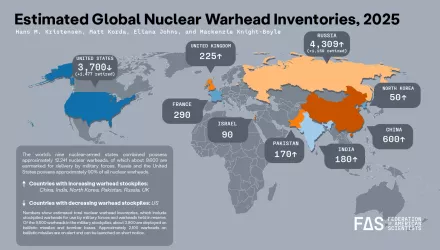Introduction
Even as this paper was being written and edited, U.S.-Russian relations have warmed and chilled. Today, as we are about to go to press, marks a particularly chilly period in recent history, with the cancellation of a planned Moscow Summit in September 2013. To some, this cold spell might signal an inapt moment to consider issues related to transcending mutual deterrence. Such a view would overlook the aims of the paper, which attempts to assess the central and enduring interests of the United States and Russia, the extent to which they coincide or conflict, and whether or not in light of these interests mutual deterrence should remain a fundamental feature of the relationship. The analysis and recommendations offered below are based on a long-term view. The inevitable and transitory changes in the U.S.-Russian relationship cannot gainsay them. Indeed, at moments of temporary frustration or elation it is most important to think strategically about central and enduring national interests and how best to secure them.
Bunn, Matthew, Kuznetsov Valentin, Yuri Morozov, Gary Samore, Simon Saradzhyan, William H. Tobey, Viktor I. Yesin and Pavel S. Zolotarev. “Transcending Mutual Deterrence in the U.S.-Russian Relationship.” Belfer Center for Science and International Affairs, Harvard Kennedy School, September 30, 2013









